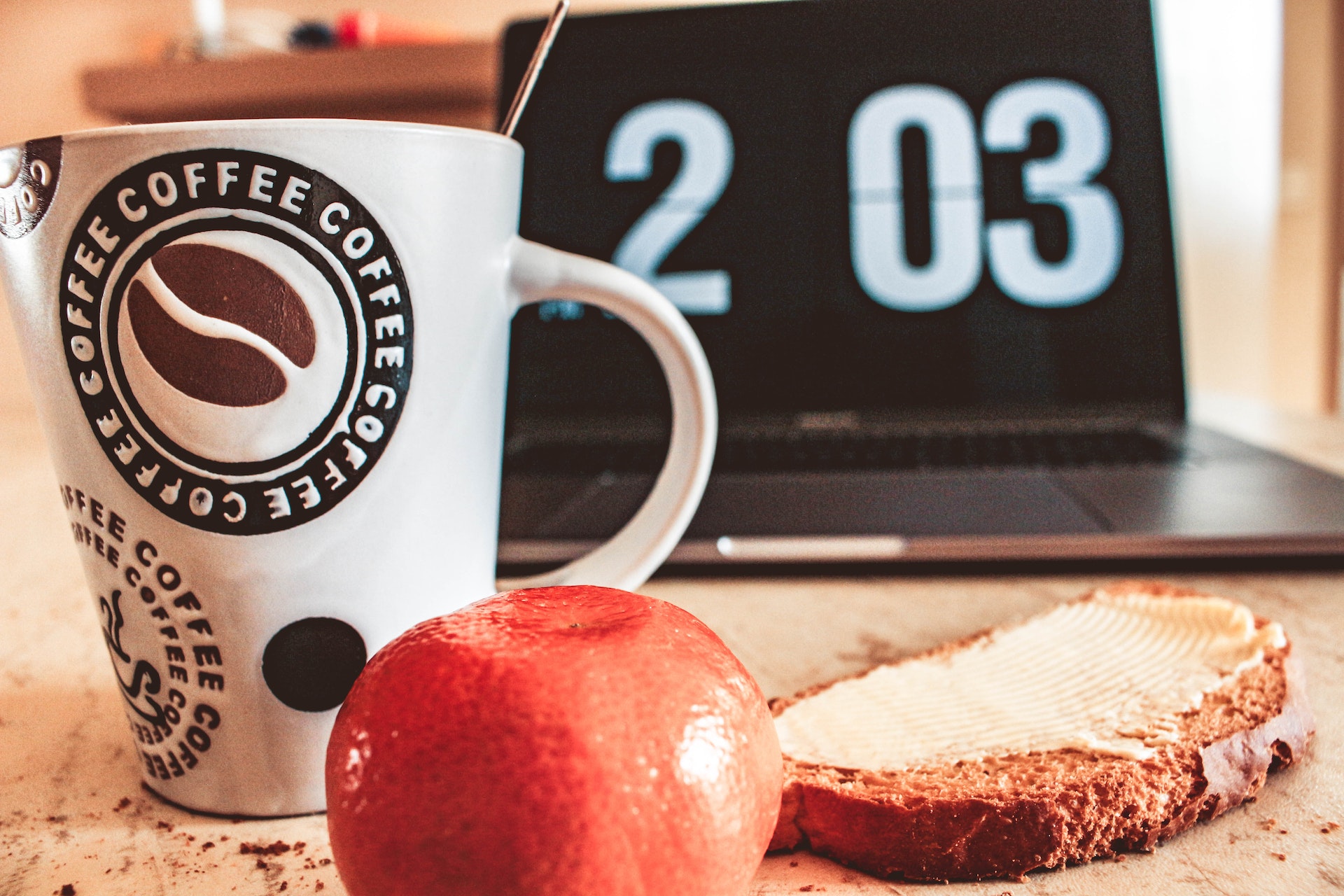
Acquiring a PhD degree is perhaps one of the most challenging steps in one’s academic journey. Having to spend several long hours on research, reading, and writing along with multiple other responsibilities can be hard. It’s quite common for students and early career researchers to lose motivation and find their research productivity dipping. In fact, given their lack of experience and training, PhD students often find themselves battling chaos and feeling overwhelmed by many competing tasks that require their time that they simply give up.
These simple tips for PhD students and early career researchers can help them boost their research productivity levels and equip them with the expertise required to get more work done, while staying motivated.
- Plan your day and prioritize your tasks: This is one of the most obvious tips for PhD students that can be put into practice; it essentially involves efficiently managing your time and prioritizing your to-do list to improve your research productivity. For example, if you’re working on projects that includes an experiment requiring a gestation period or a code that needs to run for a few hours, you will need to plan it accordingly so you can make best use of the wait time. While it might be impossible to plan out every single minute of your day, thinking ahead and prioritizing key tasks in terms of importance and urgency helps. Creating a detailed list of tasks every day arms you with a sense of purpose and ticking off items on your to-do list gives you a sense of satisfaction, which will keep you motivated.
- Learn how to say No when you need to: Now that you have your to-do list in place, make every possible effort to make it work by focusing on the actual tasks you need to do. There will always be competing demands on your time, it is important to choose wisely and focus on tasks that increase your research productivity. When you do this, you may be required to say “no” to other requests for your time and this can be difficult. Most people have an inherent desire to help peers and colleagues when possible, so our first instinct may be to say “yes” to a request for help. But agreeing to everything that comes your way will eat into your limited time, which will only prove counter-productive. On the other hand, being a team player is important and saying “no” may be thought of as selfish, and could even hurt relationships. So, of the most important tips for PhD students is to evaluate your choices carefully and wisely before deciding to say yes or no.
- Consciously avoid distractions and procrastination: It is not uncommon for PhD students to be distracted from their goals, which often leads to procrastination. Sometimes a lack of support, an inability to set priorities, and the challenges of managing home and research can distract you from completing time-sensitive work and this affects overall research productivity. Other common distractions come in the form of social media, internet browsing, e-mails, and meeting with people. A great guide for PhD students struggling with procrastination is to ration the time you spend on these activities and limit them to certain parts of your day. This is critical to maximize the hours in your day so you can focus on making original contributions that will add to the knowledge in your field.
- Make the best use of dead time: Most PhD students have action-packed schedules, but you can still find several moments in the day when you’re not really doing anything productive, for example your daily commute. You can make the most of this time by immersing yourself in activities that boost your research productivity, like listening to audio books, bookmarking papers to read later, or even a few minutes of meditation. Choose things that will add to your general awareness, mental health, or overall well-being, which you may not otherwise find time for in your pursuit of a doctoral degree will only help to improve your research productivity.
- Be consistent and make an effort every day: Given the expectations of high calibre research from doctoral students, the most valuable of tips for PhD students is to maintain consistency in everything you do, every single day. Putting in daily effort will help you stay on course and move you closer to achieving your targets. For instance, if you need to submit a research proposal in a couple of months, instead of waiting till the last minute, it’s better to work on it consistently so you can draft, refine and polish it for submission well before the deadline. Another example is developing a healthy literature search and reading habit. Simply use a smart literature reading app to read one article a day! This not only helps you stay updated, it can help you write literature reviews, expand your reading library, and create reference lists for your current study.
Most people wish they had more time to manage their tasks and responsibilities. But it’s less about how little time you have, and more about how you use the time you get. Following these simple tips for PhD students can help you increase your research productivity so you can accomplish your goals. Here’s wishing you all the best!


